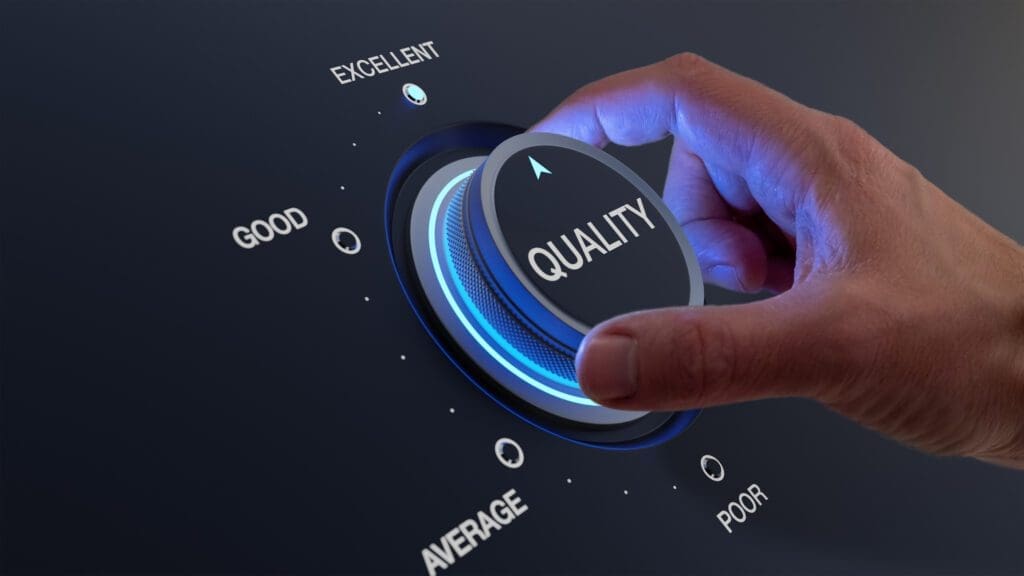There has been a debate raging for many years amongst associates in our firm about whether it is better to pay more for items of higher quality because they work better and last longer, or to buy lower priced items and pocket the difference in price.
Regular readers can probably guess that, more often than not, I take the stance that cheaper is better. However, I do acknowledge that in general you do get what you pay for, and sometimes paying a little more for quality can actually save you money in the long run.
Today, I thought I would breakdown some categories of products that I feel are worth the extra cost, and which ones you are just wasting your money on by paying more.
The first category I think most people should not cheap out on is shoes. There is a reason quality shoes cost significantly more than your standard pair from the mega mart. A solidly constructed shoe made of quality materials can last for years, while some inferior shoes begin to show significant damage only weeks after beginning to wear them. On top of that, there are health benefits to wearing good shoes, including reduced joint damage, less back pain and improved balance which can lower the risk of injury.
Another category of product where quality is king is tools. When I first was starting out, I had no choice but to buy tools on the lower end of the price spectrum. Over time I have upgraded many of them because they either broke or never really worked to begin with. But even now, the difference I see when I use my dad’s premium equipment is substantial. Depending on how much you use this kind of equipment, and your overall financial situation, I suggest buying quality tools whenever you can.
One final area where you are money ahead by buying the best is batteries. You may think all batteries are going to generally have the same lifespan as any other, but that is an inaccurate assumption. When Wired magazine compared Duracell and Energizer to a generic brand, they found that the name brand batteries stored over three times more total joules of energy than the bargain brand at nowhere near three times the additional cost. As more and more things become cordless, make your life simpler and just buy quality batteries that will work when you need them to.
On the flipside, where are you wasting your money by buying name brands? First and foremost, prescriptions and medication. The big brands do a lot of advertising to convince you their drugs work better. However, the truth is the FDA sets standards that ensure generic drugs have identical active ingredients, as well as equal strength, dosage and safety as their brand-named counterparts. Inactive ingredients like flavoring or preservatives can differ, but is that worth the extra money? In my opinion, absolutely not.
For most people, electronics is another category where you can spend more than you need to. Just go to your local big box retailer and look at the variance in price on things like TV’s, phones or computers. Do some have more bells and whistles than others? of course, but will you use them? For most people the answer is no. As far as longevity, electronics are one of those things where the technology becomes obsolete well before the device stops working. So why pay for something you will need to replace anyway?
Finally, the area probably most contested in this quality vs. value debate is food. After all, do you really want to put inferior products inside you or your families’ bodies? On this touchy subject I will argue that for some things cheaper is better and for others it’s not worth it.
For kitchen staples such as flour, milk, sugar and eggs generic items are all nearly identical to their name-brand alternatives. On the other hand, both for overall taste and quality there are some products that justify the extra cost. Things such as coffee, ice cream, and meat are often noticeably better when purchasing premium brands.
No matter which side you align with on this quality vs. quantity debate, know that the other side has good points as well. So, for my fellow cheapskates please remember that buying some things for less now can cost you more later. On the other hand, spenders you need to remember that often the extra money being spent may be going into marketing for the item not for making the product better. Spend wisely!
(Past performance is no guarantee of future results. The advice is general in nature and not intended for specific situations.)

